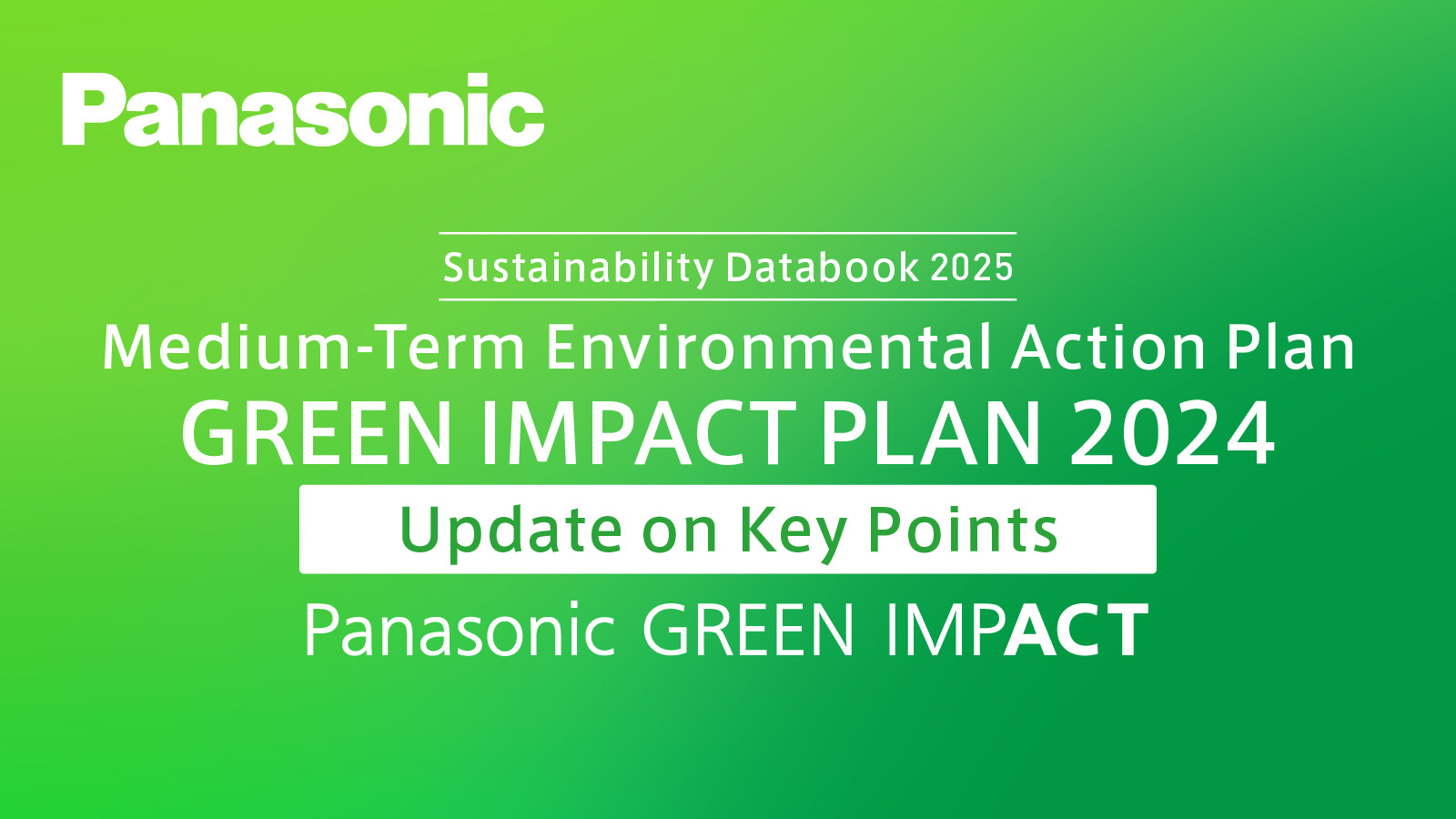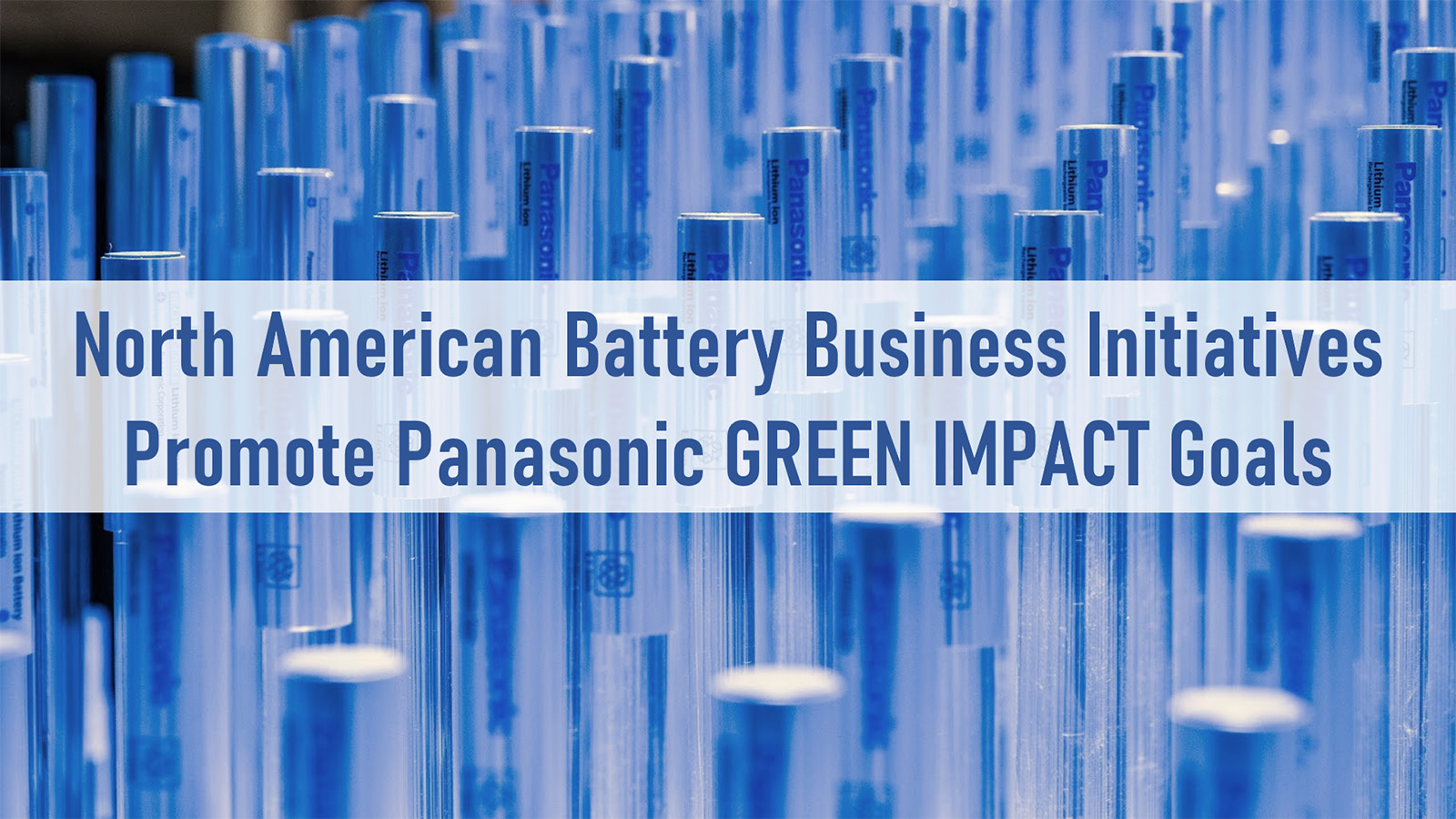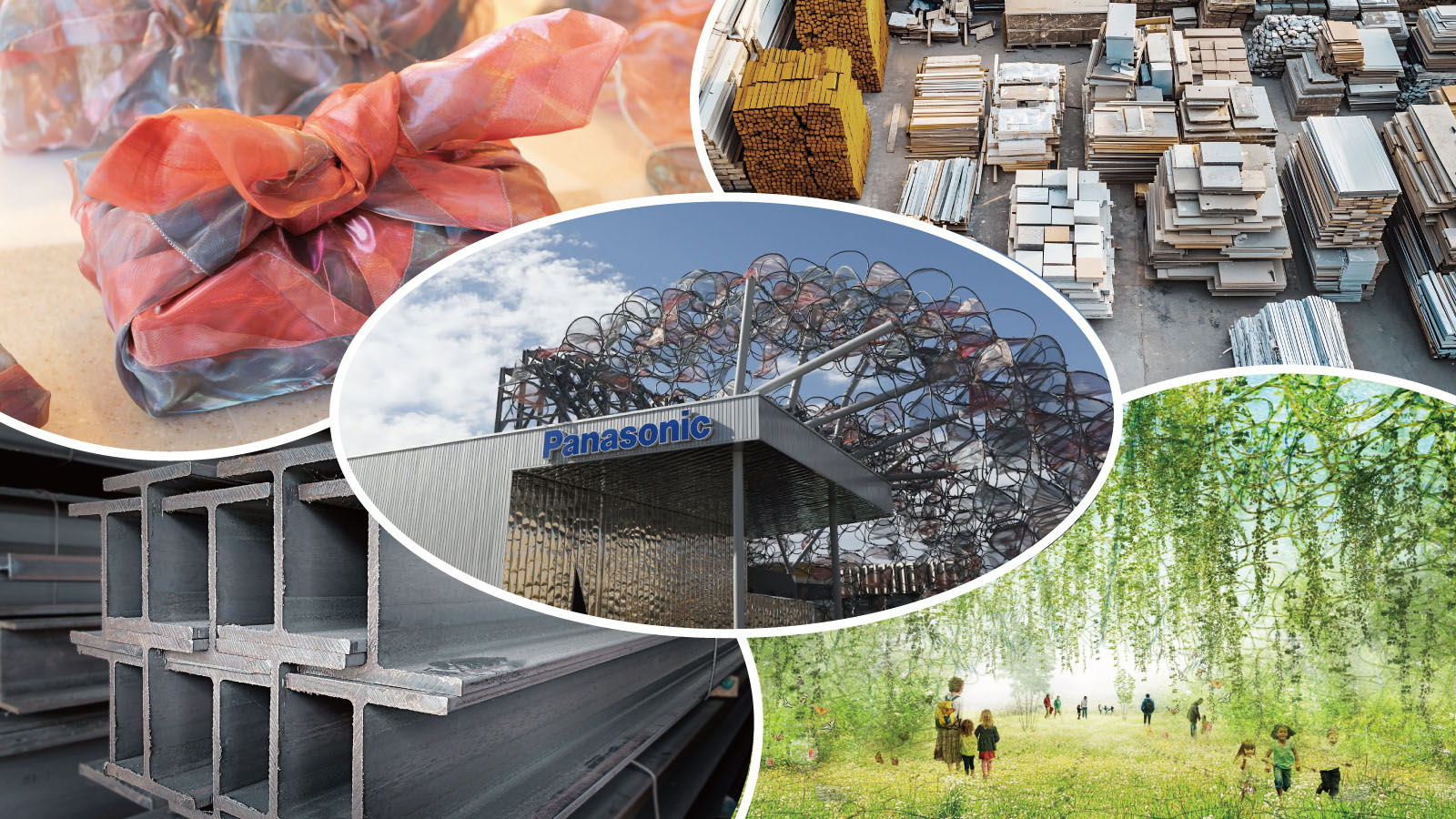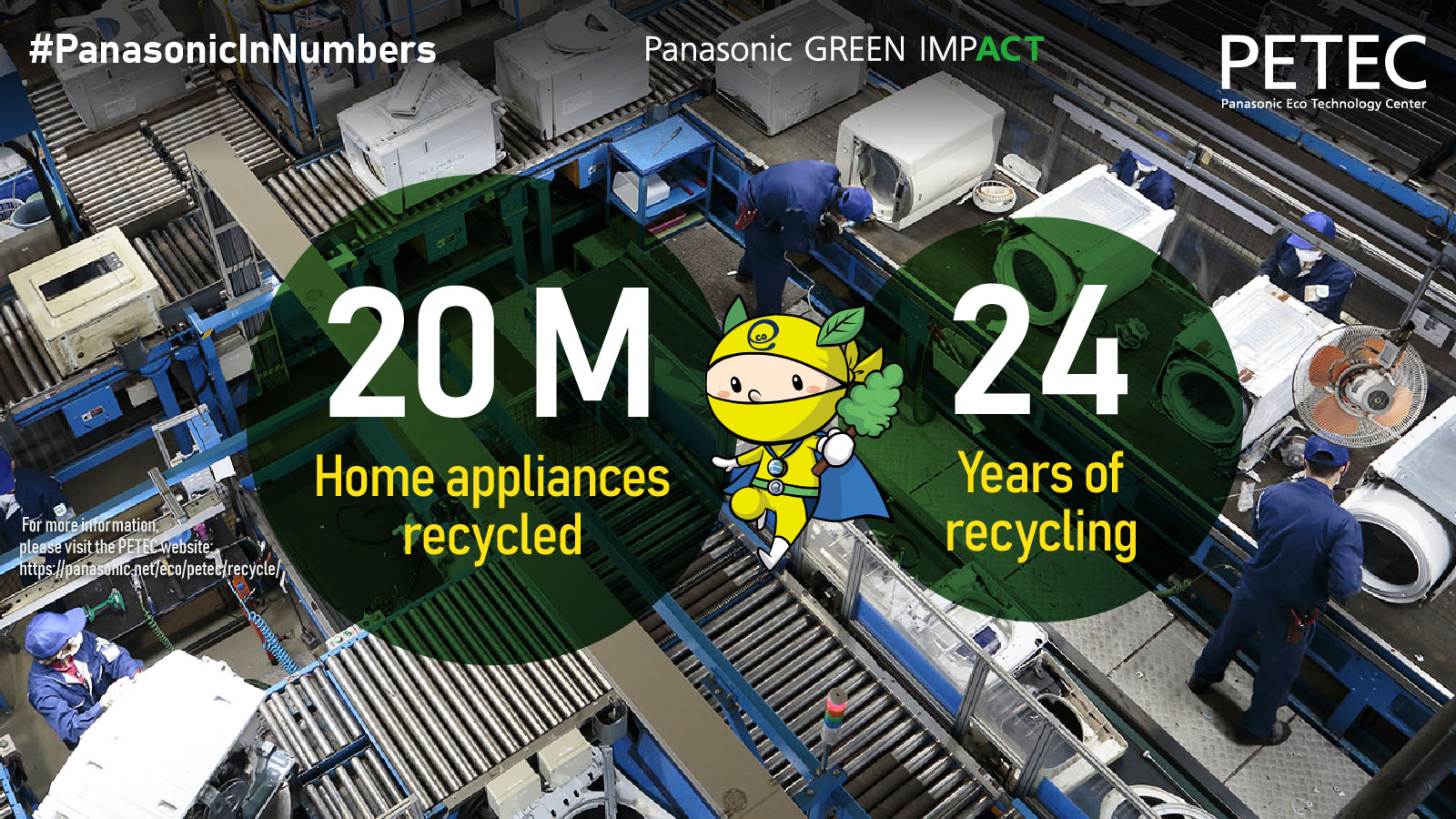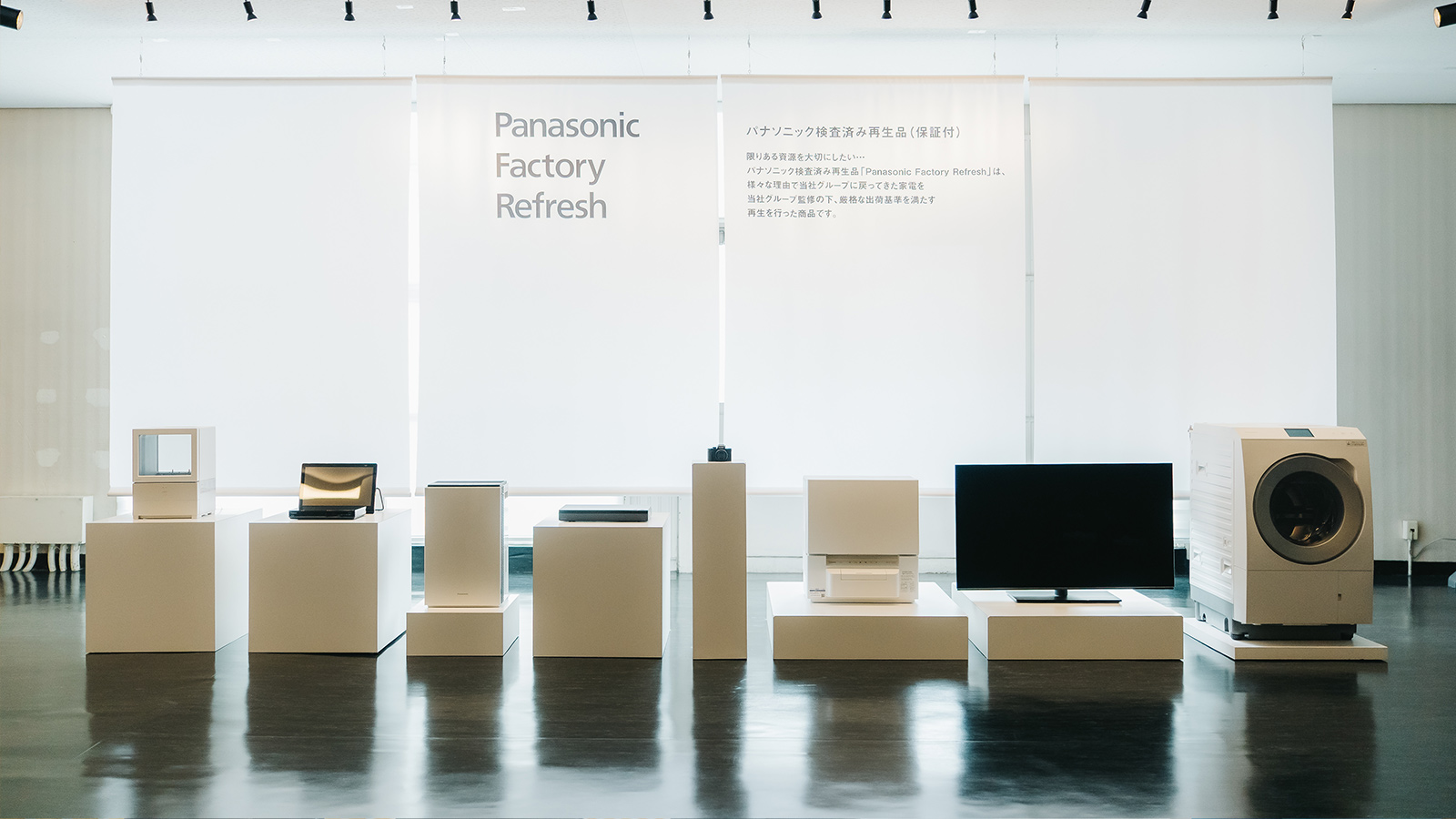On December 13, 2022, Panasonic Energy announced a multi-year contract to supply lithium-ion batteries to Lucid for its Lucid Air electric vehicle and other applications. Panasonic Energy will begin supplying batteries in 2023, sourcing them from its existing manufacturing facility in Japan and, down the road, from the De Soto, Kansas plant.
Earlier, on October 20, 2022, Panasonic Energy announced the signing of a memorandum of understanding (MOU) for a long-term supply agreement with NMG, the Canadian graphite manufacturer. Utilizing graphite materials with low environmental impact that are refined by NMG’s renewable energy sources will bring the company closer to the goal of halving its carbon footprint by 2030; sourcing materials for its U.S. battery production facilities from Canada will also shorten supply chain distances and significantly reduce CO2 emissions attributed to logistics activities.
Finally, the purchase agreement signed with U.S. battery recycling company Redwood Materials Inc. on November 15, 2022, is for cathode materials and copper foil used in lithium-ion batteries. The recycled cathode material will be used at the new Kansas plant beginning in 2025, while recycled copper foil will be used at PENA in Sparks, Nevada from 2024.
With its superior technology and extensive experience, Panasonic Energy will drive the growth of the lithium-ion battery industry, accelerate efforts to achieve zero emissions, and support the Panasonic Group’s commitment to leverage PGI activities to address social issues and realize a sustainable society.
